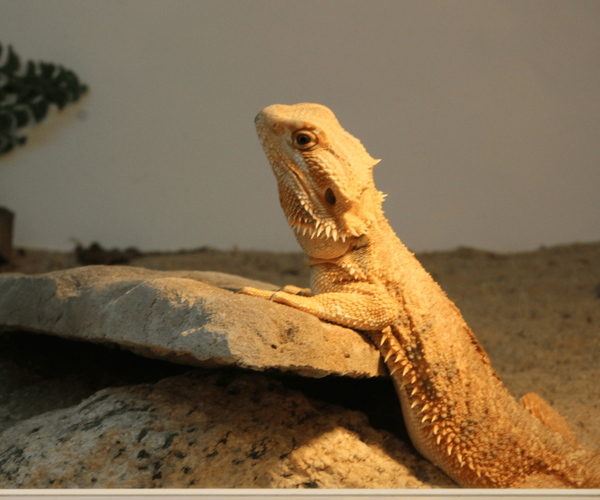
Facts About Bearded Dragons
Bearded Dragon Lighting Needs
In captivity, providing a source of UVB light is non-negotiable.

Facts About Bearded Dragons
In captivity, providing a source of UVB light is non-negotiable.
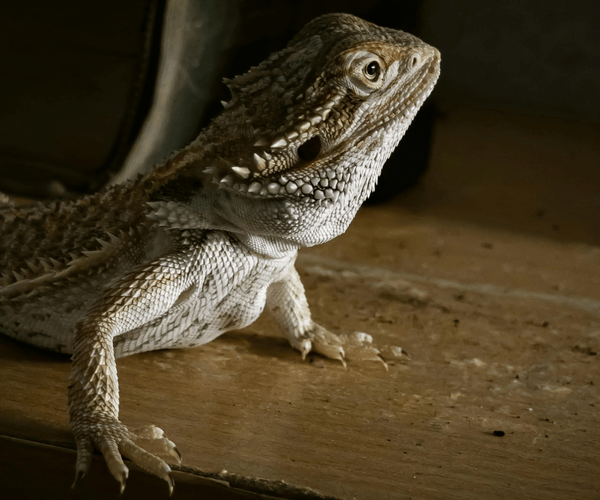
Facts About Bearded Dragons
Bearded dragons are native to the arid, desert regions of Australia, which has equipped them with the ability to endure periods of food scarcity.
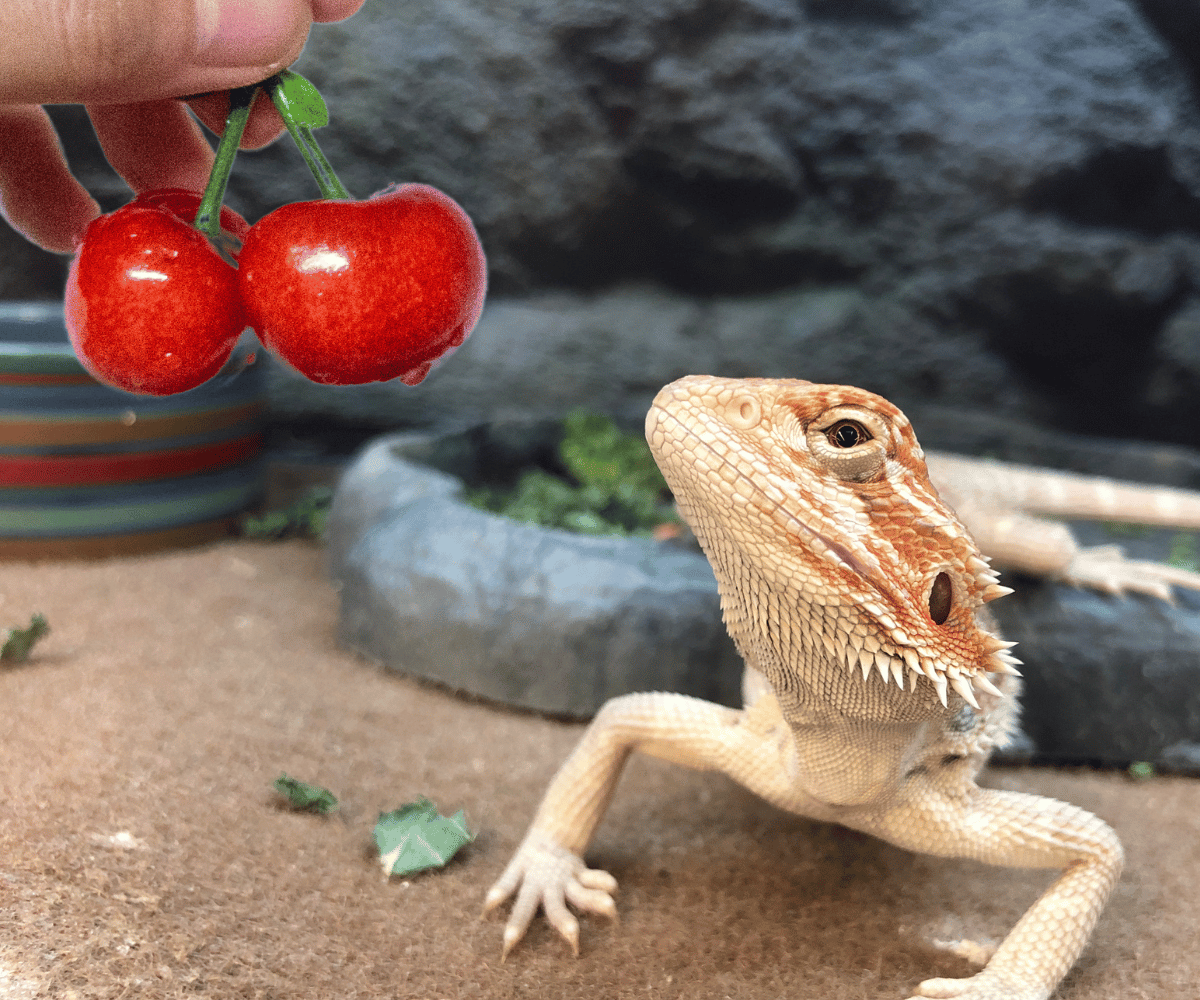
Feeding Your Bearded Dragon
It's important to understand that while fruits can be a part of their diet, they should only be given as treats due to their high sugar content.
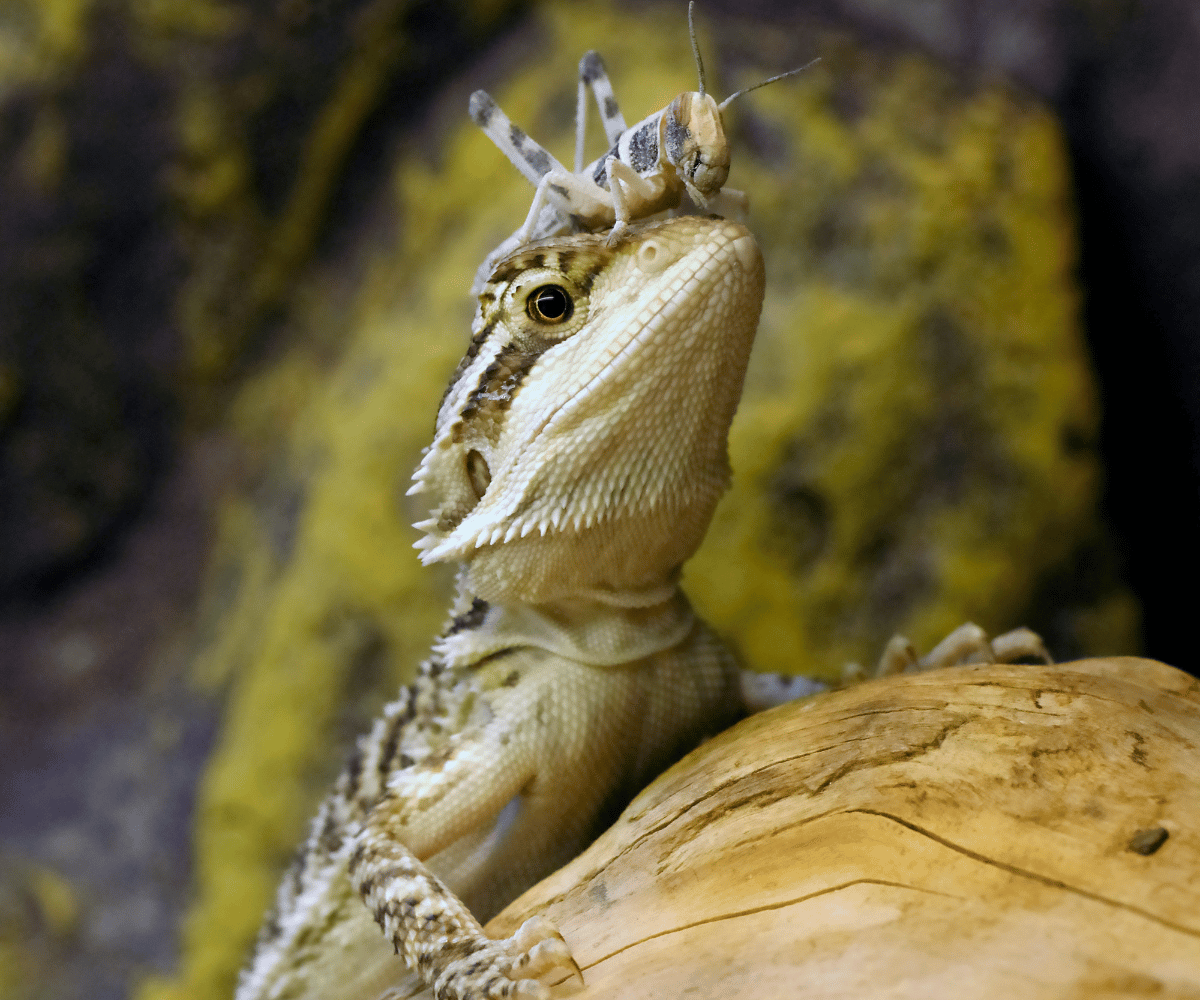
Facts About Bearded Dragons
Understanding the reasons behind this behavior is crucial for ensuring the health and well-being of your scaly friend.
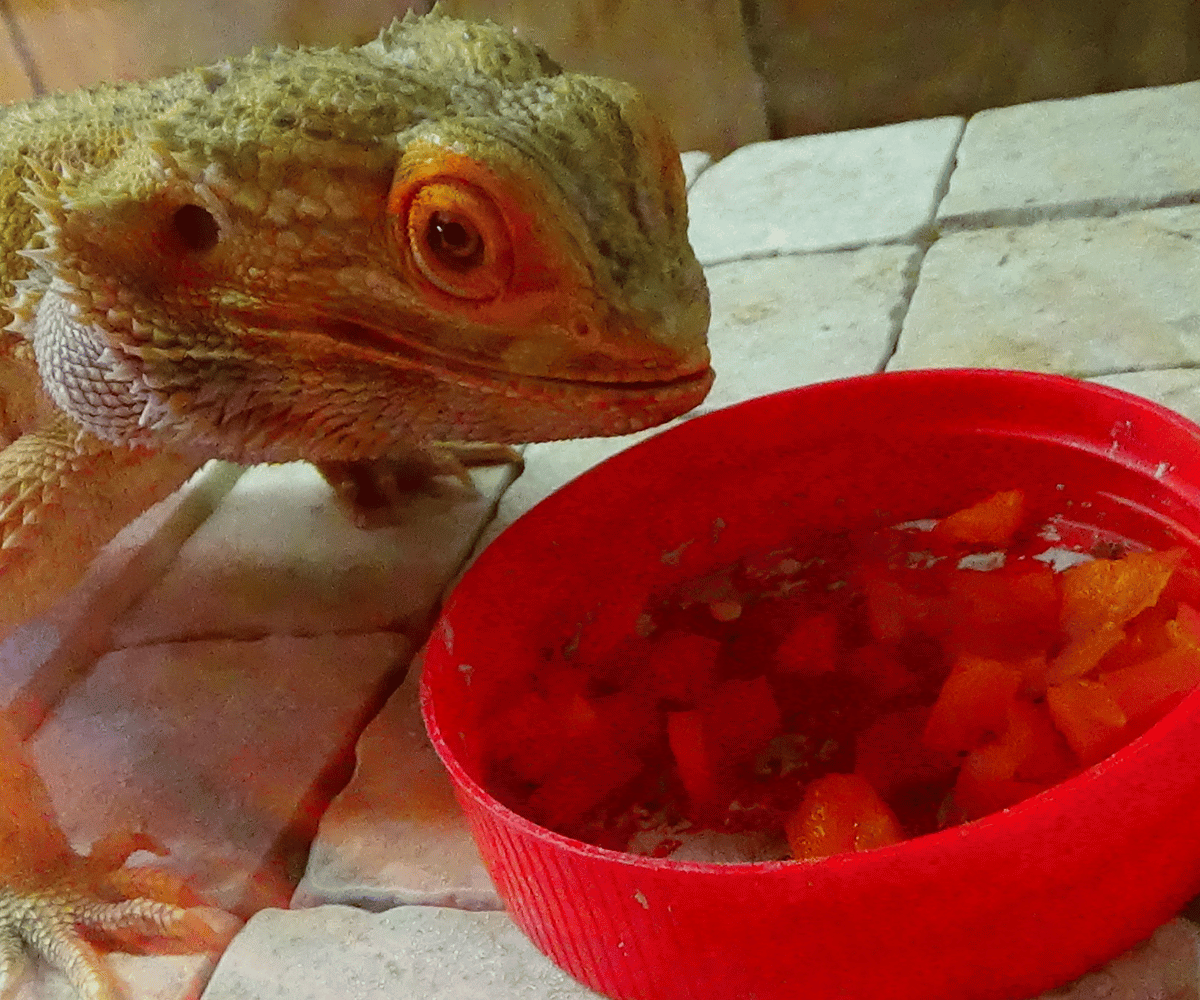
Feeding Your Bearded Dragon
The vitamin A in bell peppers is important for maintaining good vision, skin health, and reproductive health, while vitamin C is crucial for tissue repair and immune function.
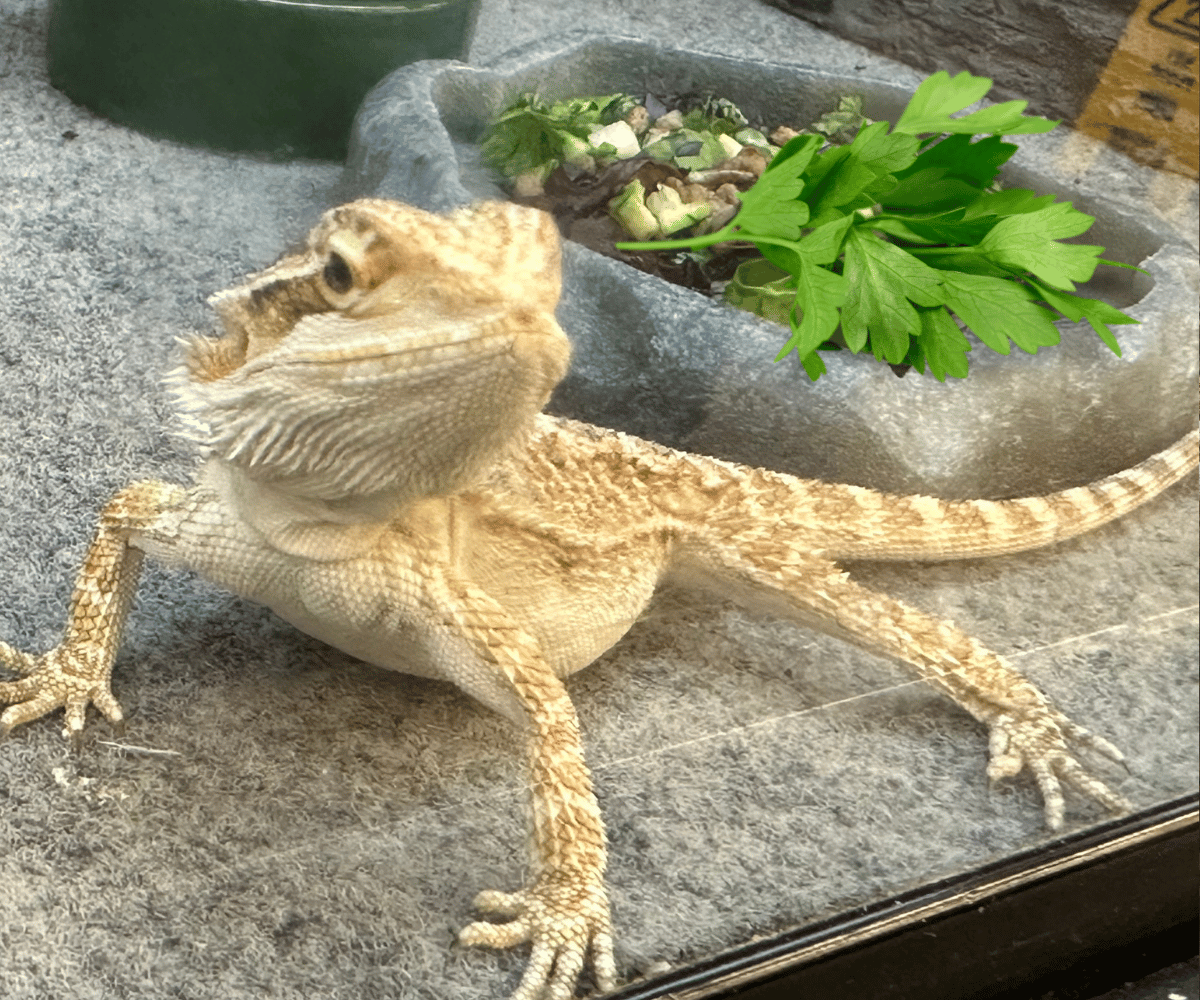
Feeding Your Bearded Dragon
Parsley, a common herb found in many kitchens, is often considered as a potential food item for bearded dragons.
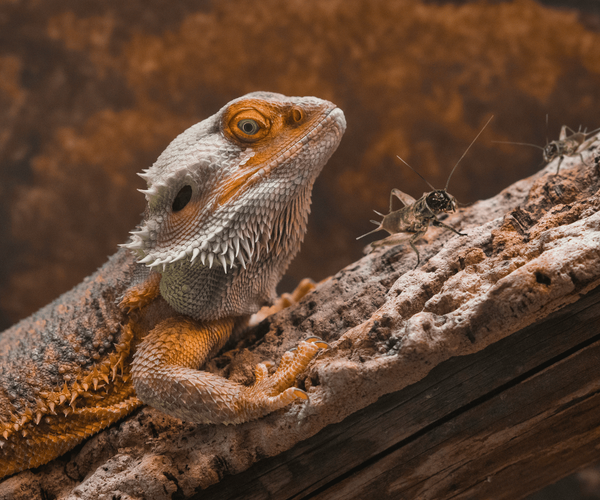
Feeding Your Bearded Dragon
It's important to provide a diet that's high in protein to support the rapid growth that occurs during the first few months of a bearded dragon's life.
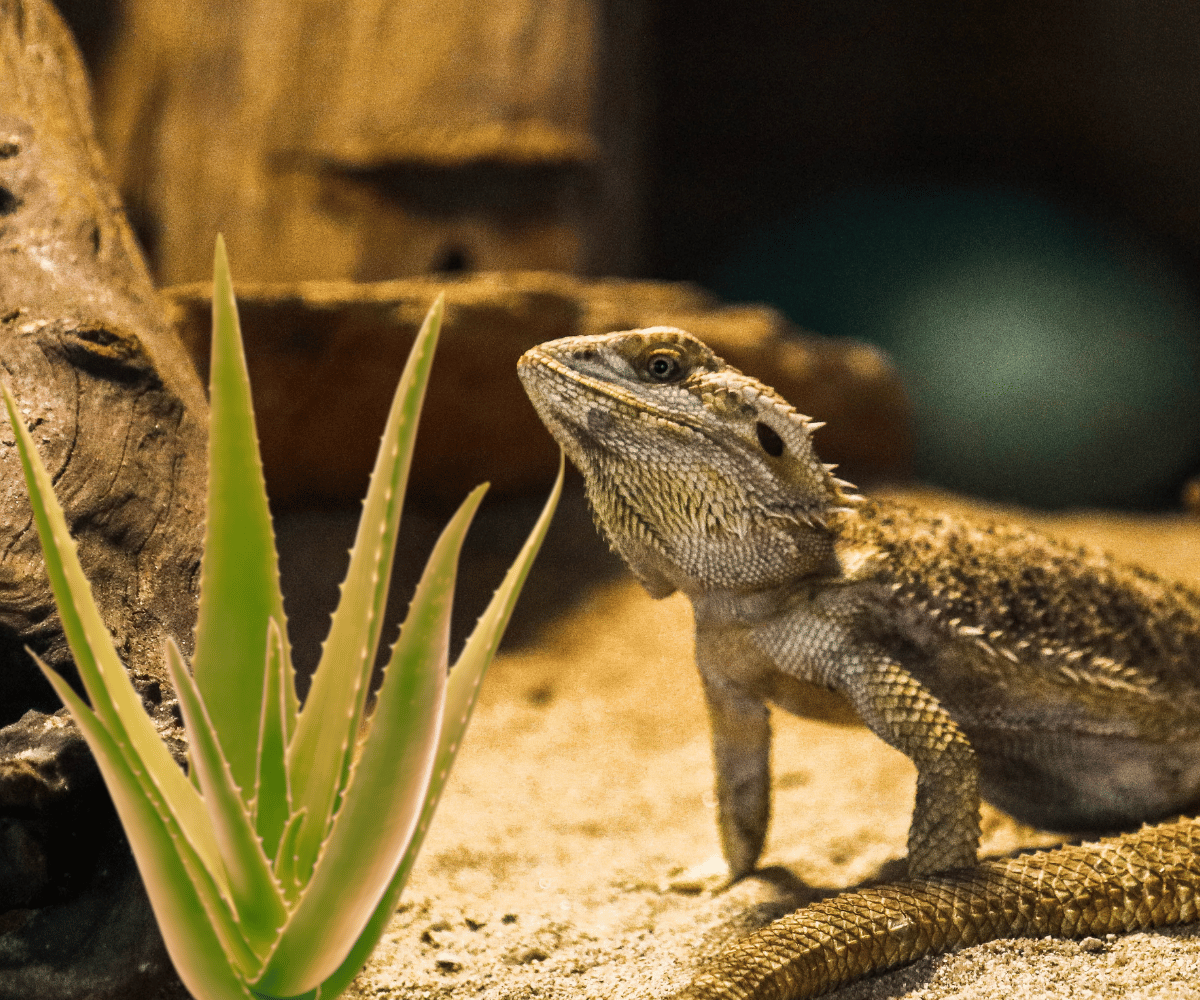
Feeding Your Bearded Dragon
There are safer plant-based alternatives to aloe that can be included in a bearded dragon's diet.
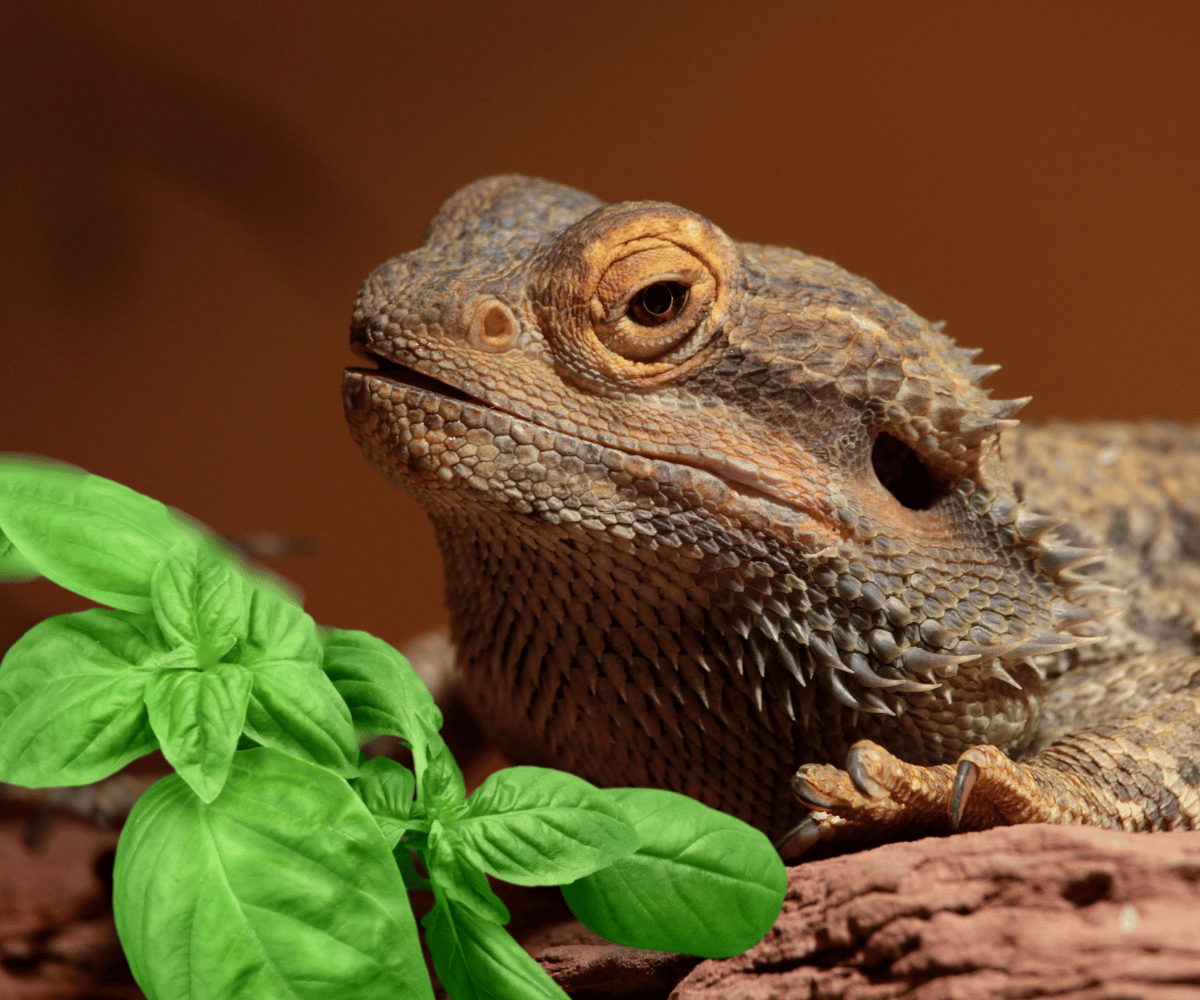
Feeding Your Bearded Dragon
Including basil in your bearded dragon's diet can provide essential nutrients, but it should only be a small part of their overall vegetable intake.
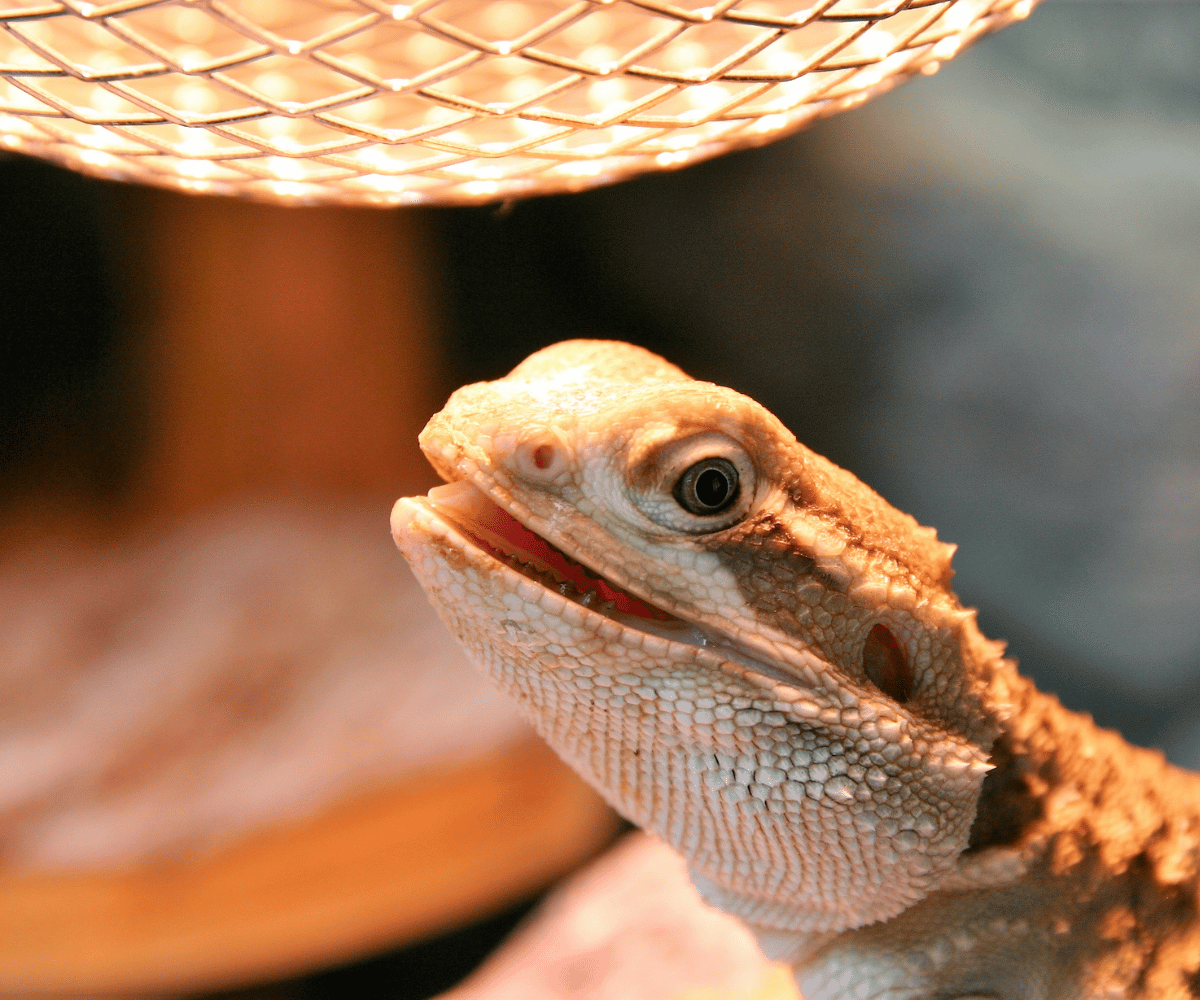
Bearded Dragon Gifts and Accessories
A top-notch heat lamp is not just a luxury; it's a necessity for their health and happiness.
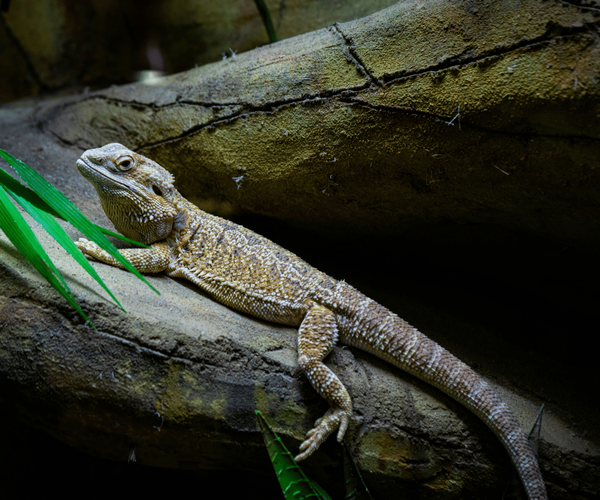
Facts About Bearded Dragons
The vast Australian outback, with its hot days and cool nights, provides the perfect backdrop for the bearded dragon's lifestyle.
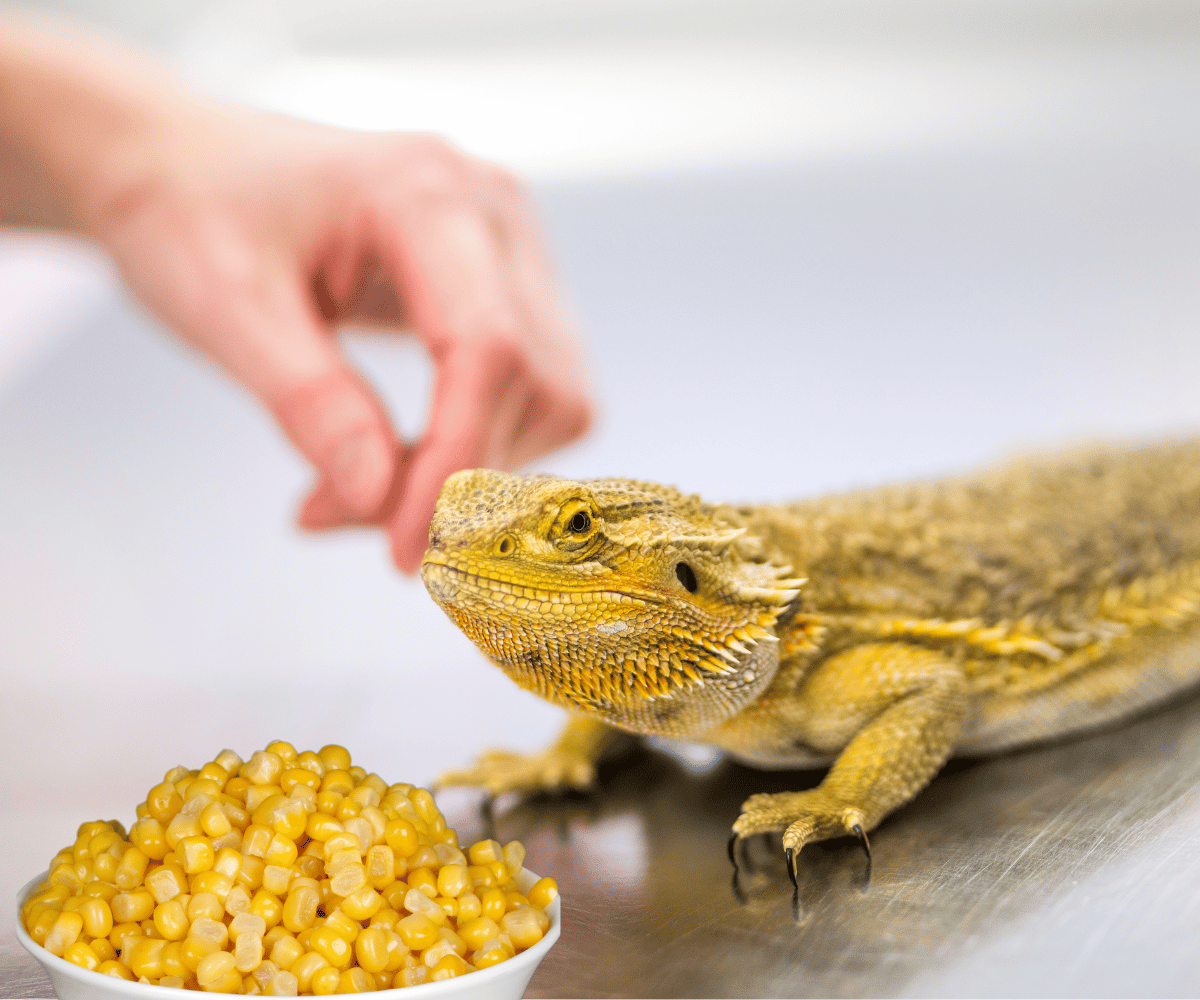
Feeding Your Bearded Dragon
Corn is high in phosphorus compared to calcium, which can lead to an imbalance in a bearded dragon's diet if fed excessively.